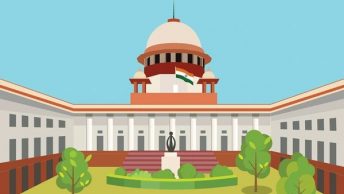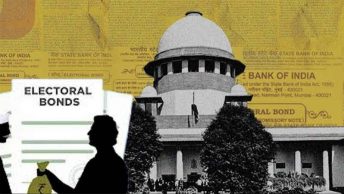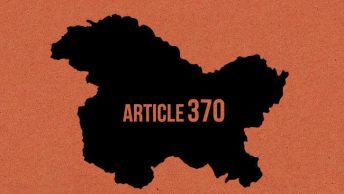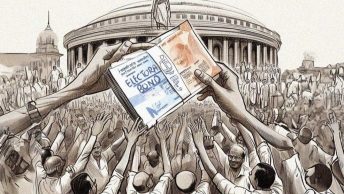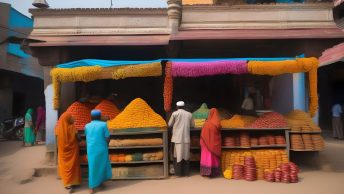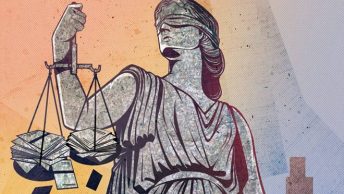Summary: Article 25 of the Constitution has traditionally focussed on religious rights and the scope of protection they enjoyed from state intervention. However, there is one aspect of this right...
Introduction On April 25, 2003, The Hindu published an editorial titled ‘Rising Intolerance’. This editorial was translated and further reproduced in Murasoli, a DMK newspaper. The editorial...
Summary: The decision of the Supreme Court in the electoral bonds case represents an attempt at balancing conflicting fundamental rights by employing the double proportionality standard. In this...
In the realm of legal and political discourse surrounding the Indian Supreme Court’s judgment on the abrogation of Article 370, the prevailing narrative often succumbs to the dichotomy of the...
The Supreme Court’s judgment in Association for Democratic Reforms and Anr. v. Union of India and Ors. (“Electoral Bonds Judgment”) has been widely hailed as a democracy-affirming judgment, for good...
Summary: T.M.D Rafi v. State of AP concerns a dispute between the administrative authorities of Mallikarjuna temple and Muslim vendors who have been in the practice of deriving income by setting up...
Summary: In this piece, our analyst, Aamuktamalyada, deals with the succession rights of children born out of void/voidable marriages. An important consideration that the courts in India have...
Summary: In this article it is argued that public law remedies are unlikely to provide any relief to persons aggrieved by loss caused due to crashes of State-owned airborne objects. The first part of...
Summary: This article argues that in case loss to property is suffered by a person due to a crash involving a State-owned airborne object then such a victim will be hard pressed to obtain...
Summary: In this article, the author argues against reverse onus clauses, both theoretically and pragmatically to establish that such clauses lead to some unimagined and undesirable consequences...


